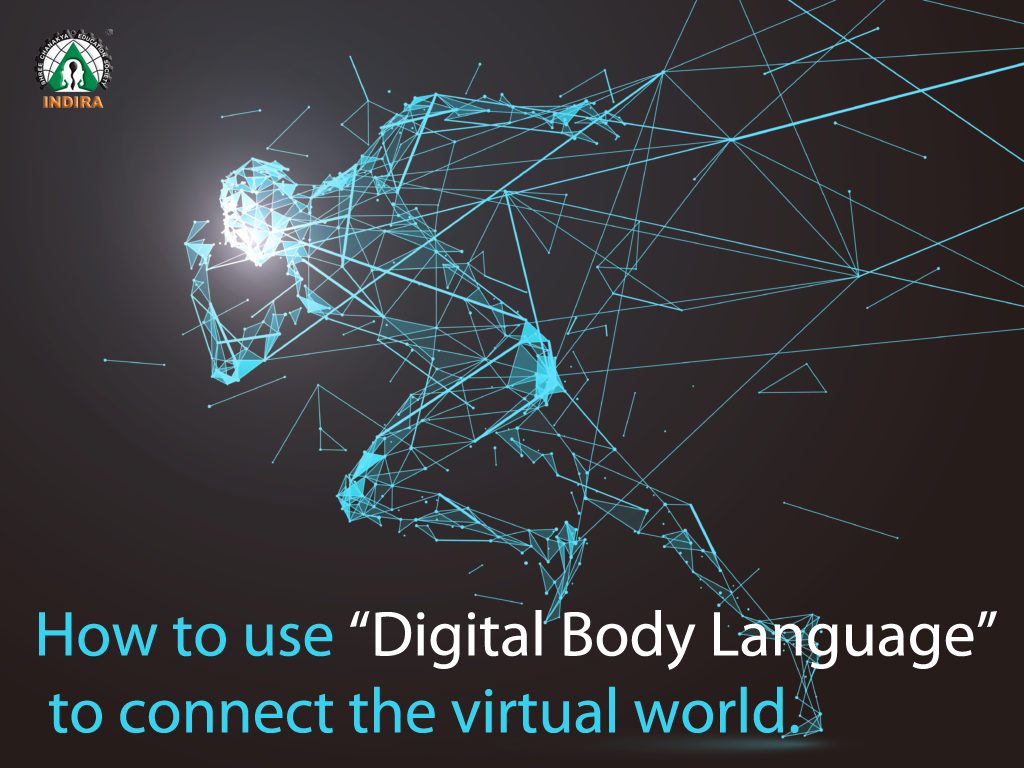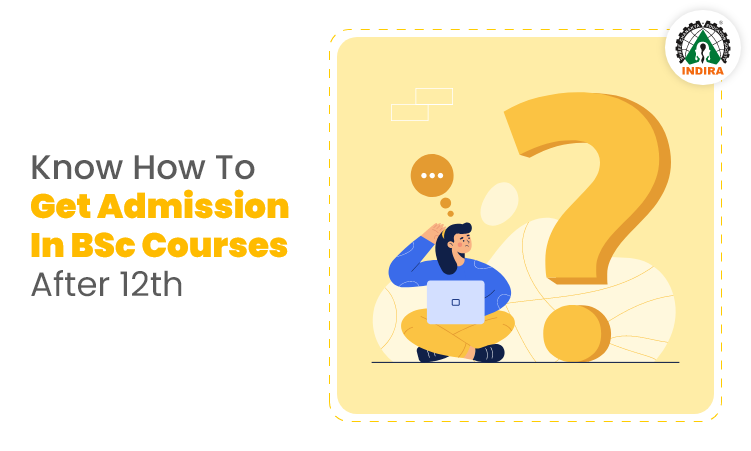Be A Step Forward, Know Your Bachelor Of Arts 1st Year Subjects!
Published on July 21, 2022 | Leave a response

Bachelor of Arts (BA) is the full form of Bachelor of Arts (BA), which is an undergraduate degree conferred in the discipline of Liberal Arts or specializations in Humanities or Social Science. It is often a three-year degree in which students study history, political science, psychology, sociology, and philosophy, among other areas. The curriculum usually lasts three years, however, it can last up to four years in other nations. Following graduation, one can discover a plethora of employment and courses to further their education.
BA Subjects Selection
Selecting the appropriate BA subject, whether before beginning the course or after deciding on a specialization, can be a difficult undertaking. It is critical to reflect on and research your interests to determine the most appropriate BA specialization. Here’s a handy guide to choosing BA subjects:
Consider your interests; if you wish to pursue a career researching languages and their roots, choose a BA language course or a BA in Linguistics.
If you’re a BA student having trouble deciding which electives to take, it’s best to choose disciplines that you’ve always been interested.
These topics can differ from one person to the next. Consider an elective as a separate subject from your specialization that you can learn and then choose accordingly.
BA subject selection is equally significant for UPSC hopefuls, and you should choose a subject based on how much you know about it, whether you have previously studied it, or if you have an innate interest in it.
The syllabus for the BA program varies from subject to subject. But, there are a few BA subjects that are common for all programs. The same has been tabulated below:
| Common BA Programme Subjects | |
| General knowledge | Comprehensive Ability |
| Indian Polity | Numerical and Mental Ability |
| The Human Body & Common Disease | History & Indian Culture |
| Population & Climate Change | Environmental Studies |
BA Syllabus
BA programme for several subjects has an integrated syllabus. The same has been explained below:
| BA Subjects & Syllabus | |
| BA English | |
| English Literature | Twentieth-Century Indian Writing |
| Concurrent – Qualifying Language | Nineteenth-Century European Realism/ Classical Literature/ Forms of Popular Fiction |
| Concurrent – Discipline Centered | Contemporary Literature |
| Anglo-American Writing from 1930/ Literary Theory/ Women’s Writing of the Nineteenth and Twentieth Centuries/ Modern European Drama | (-) |
| BA Political Science | |
| Language – MIL/ English Environmental Science | Understanding Political Theory |
| Constitutional Government and Democracy in India | Generic Elective |
| Environmental Science Language – MIL/ English | Political Theory-Concepts and Debates |
| Political Process in India | Introduction to Comparative Government & Politics |
| Perspectives on Public Administration | Perspectives on International Relations |
| Ability Enhancement Course | Pol. Process & Inst. in Comparative Perspective |
| Public Policy and Administration in India | Global Politics |
| Generic Elective | Ability Enhancement Course |
| Classical Political Philosophy | Modern Indian Political Thought |
| Modern Political Philosophy | Indian Political Thought |
| BA History | |
| History of India | Social Formations and Cultural Patterns of the Ancient World |
| Social Formations and Cultural Patterns of the Medieval World | Rise of Modern West |
| History of Modern Europe | History Of Southeast Asia: 19th Century |
| History of Modern East Asia | Generic Elective (Interdisciplinary Any Four): Environmental Issues In India, Research Methodology in History, Making of Contemporary India, Delhi: Ancient, Delhi: Medieval, Delhi: Modern or Issues in the Contemporary World Any Two: Understanding Heritage/ Art Appreciation: An Introduction to Indian Art/ Archives and museums/ Understanding Popular Culture |
| BA Psychology | |
| Introduction to Psychology | Statistical Methods for Psychological Research-I |
| Environmental Science | General Psychology |
| Bio psychology | Psychology of Individual Differences |
| English Communication | Youth, Gender and Identity |
| Development of Psychological | Psychological Research |
| Social Psychology | Emotional Intelligence |
| Psychology for Health and Well-being | Understanding Psychological Disorders |
| Statistical Methods for Psychological Research-II | Applied Social Psychology |
| Stress Management | Psychology at Work |
| Dealing with Psychological Disorders | Developmental Psychology |
| Positive Psychology | Human Resource Management |
| Organizational Behavior | Counselling Psychology |
| Health Psychology | Community Psychology |
| BA Philosophy | |
| Indian Philosophy | Logic |
| Greek Philosophy | Ethics |
| Western Philosophy: Descartes to Kant | Social & Political Philosophy: Indian and Western |
| Applied Ethics | Text of Indian Philosophy |
| Text of Western Philosophy | Truth Functional Logic |
| Analytic Philosophy | Continental Philosophy |
| Philosophy of Religion (Indian & Western) | Philosophy of Language (Indian & Western) |
| BA Economics | |
| Introductory Microeconomics | Mathematical Methods for Economics |
| Ability Enhancement Compulsory Course | Generic Elective |
| Introductory Macroeconomics | Mathematical Methods for Economics |
| Ability Enhancement Compulsory Course | Intermediate Microeconomics |
| Statistical Methods for Economics | Skill Enhancement Course |
| Intermediate Microeconomics & Macroeconomics | Introductory Econometrics |
| Skill Enhancement Course | Indian Economy |
| Development Economics | Discipline-Specific Elective |
| Indian Economy | Development Economics |
| BA Sociology | |
| Methodology and Perspectives of Social Science | History of Art and Architecture in India |
| Basics of Archaeology | Introduction to Sociology |
| Cultural Transition in Pre-Modern Kerala | Methods of Archaeology |
| History of Folklore | Development of Sociological Theory |
| Making of Modern Kerala | Informatics |
| Basics of Indian Numismatics | Introduction to Political Science |
| Understanding the Past | Early Societies in India |
| Development of Numismatics in India | Governmental Machinery and Processes |
| Growth of Indian Archaeology | Introduction to Archives and Records |
| Archaeological Sites and Monuments in India | Archival Conservation and Reprography |
| BA Geography | |
| Geomorphology | Climatology |
| Cartographic Techniques | Geography of Population |
| Concurrent – Qualifying Language | Analytical Physical Geography |
| Oceanography | Thematic Cartography (Practical) |
| Geography of Settlements | Concurrent – Credit Language |
| Economic Geography | Environmental Geography |
| Remote Sensing (Practical) | Urban Geography |
| Concurrent – Interdisciplinary | Geography of Natural Resources |
| Spatial Dimensions of Development | Statistical Methods in Geography |
| Geography of India | Evolution of Geographical Thought |
| Social Geography | Regional Planning: Case Studies |
| Field Techniques | Disaster Management |
| Geographical Information System | Optional: Agricultural Geography, Bio Geography, Political Geography, Geography of Tourism, Contemporary Environmental Issues and Rural Development |
Conclusion:
Everyone’s life includes a very significant milestone called graduation. This is definitely the case, especially during undergrad ( B.A.) An element of dread follows every accomplishment. The same applies to graduation. The concern factor about the greatest employment alternatives after receiving a BA comes in after the euphoria of the graduation ceremony has subsided. Either a career search or higher education pursuit can start the search. There are numerous institutions that provide various job opportunities, so you can pick the one that best suits you.
Popular Blogs
How to use “Digital Body Language” to connect the virtual world.
February 5, 2022
Know About The Best Jobs After BSc In INDIA
July 25, 2022
Corona Crisis driving Retail to be Agile
January 27, 2022
Know How To Get Admission In BSc Courses After 12th
July 25, 2022













